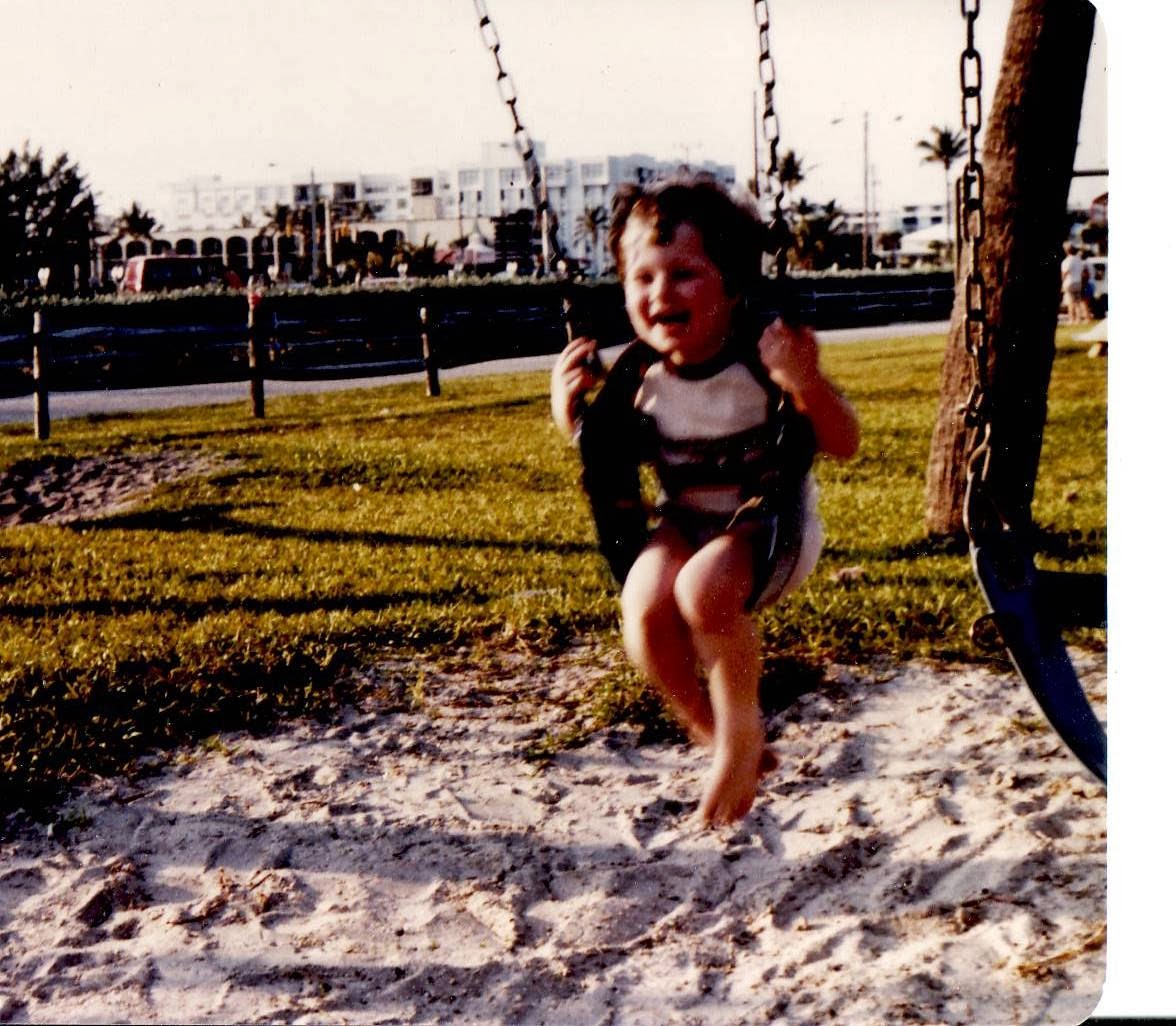For this reason, before the first Passover, God told Moses, “When I see the blood I will pass over you” (Exodus 12:13). The children of Israel were told to apply the blood of the passover lamb to top of the door and on the twodoorposts—a picture of the mind, emotions and will being cleansed.Now, that subjective part has a new opportunity because God doesn’t remember sins. More than that, God’s mercy takes care of theeffects of what other people have done. He removes the effects of all sin. His vicarious death, burial, and resurrection, with the Holy Spirit’spower of cleansing, all work together to purge me and take away the sin, plunging it forever into the sea of God’s forgetfulness. Dr Carl Stevens Ever notice how we have the ability to make words mean something shallow, deep, hollow, trite or weighty etc.? We can use our…
Tag: <span>conscience</span>
We live out here and have accumulated enough to stay. This is our separation, our disjointing, our escape, or harbor of strength. The great divide between soul and spirit deepens out here. Old world, both goods and bads, detach from emotions and self-imposed exactings; we are free. Our path of insight has taken us wholly apart to Him through His rent veil. He is our refuge and strength in the crimson secret. Our life is hid with Christ in God. Sadly, others seek refuge in a counterfeit way. These want cake, and eating of cake both, a snare of the soul. Nevertheless, evil accommodates the earthly impossibility. Unfortunately, their false “security dream” cannot hold up. Indeed, they are motivated stealthy. Their end, thereof, are the ways of death. “Wisdom” builds a house, “understanding” moves in. Likewise, false wisdom also fabricates a refuge, tearing down the true. The fool moves in. The wise…
An imagination is a picture derived from an image received in the unconscious mind. Though these images are initially abstract, they bring in certain pulsations, feelings or sensations in the physical realm. Then the image begins to form and take shape in the subconscious mind. Finally, it is fully developed in the conscious mind where it receives the full cooperation ofour faculties. Folks waver. They ride the sea of experience which has its polarities. They have triumphant times and times of defeat, times of joy versus times of terror, times of freedom against times of guilt. In all of these the soul gyrates. Moods can swing and emotions fluctuate, as conscience derides us in accusation. Then it excuses us as if a god. Self and “selfless” battle, indecision results. The unconscious mind pushes its way into the conscious, imaginations develop in their darkroom. We fight in self-preservation, blind spots inhibiting, “sight…
Is America becoming a post-Christian society? What does it mean for us Christians? It directly affects believers who try to win lost souls because an unsaved person’s ground of decision making may be skewed or obscured in the river of modern relativism. See, much of contemporary thought leans toward “fate” and “fatalism.” This “higher knowledge” quaintly un-hides itself in the colloquial phrase ” history repeats itself.” People who practice “fate” as a lifestyle live in idolatry and this God-demoting practice has many variations. It starts when some find it convenient to blame other persons, things, and events for their own sins. Adam and Eve originated this trend in Genesis 3. They duck blame and skirt responsibility. They use “wisdom from below.” We fall into the sucking vac hose called stupor. Rolling snowballs accumulate more snow, lies beget more lies, and hell is never satisfied, so says the Bible. God…
In thoughtful reflection, I set aside some time, and contemplated how a friend may have been feeling. I suddenly wondered, does God ever do what I am now doing? Do our thoughts and feelings matter to God? Growing up as a child and then a young man, I don’t remember many times anybody asking me, “Tom, what do you think about this?” “What are your feelings? I remember only a few occasions of someone sincerely saying to me, “how are you doing?” In the Bible, when Jesus met a rich young ruler, it says that He loved him. Yes, though the man did not grasp Jesus’ message, Jesus loved him. When Peter didn’t understand Jesus’ feet washing ministry, Jesus, nevertheless, took time to identify with Peter’s bafflement. Then The Lord explained things. Jesus took the side of and defended an adulterer one day, causing quite a stir. I mused about…
Do we have to have rules? External government or self-discipline, is that the question? Throw off restraints, or buckle under, poses the paradox? Cannot I just trust my own conscience? If so, where do I get one that guides trust-worthily? Ah, guidance; how do I stay on the right road, how about my hunches, my intuition? What is true liberty? How do I discern the right way? In the last days we will have “lawlessness” and it will be sourced in a godless philosophy. The Bible calls the spirit of the age a “lukewarm” one, neither hot nor cold. Characteristic of this time will be moral decline but also an apostasy from true meaning and departure of generationally established values and traditions. Totalitarianism gains feet when folks leave “true upper guidance” and go with the flow of their intuitions, senses, emotions and pleasure seeking. This spiritual and cultural phenomena,…
Love – that capacity which enables him to grasp the other human being in his very uniqueness Conscience – that capacity which empowers him to grasp the meaning of a situation in its very uniqueness. Both are intuitive capacities. The uniqueness envisaged by love refers to the unique possibilities the loved person may have – – – the uniqueness envisaged by conscience refers to a unique necessity, to a unique need one may have to meet. Vicktor Frankl Frankl has discovered something very interesting about love. He calls it a capacity or an ability to absorb, finding its fulfillment by tenderly embracing another human being in their very one-of-a-kindness. Frankl goes on to say that this one-of-a-kindness, envisioned by love, refers to the special potentials the loved person may have. We could say then that love always “identifies” with another. Frankel also mentions the conscience. It, too, owns capacity…
Joshua fit the battle of Jericho, and the walls came tumbling down. Walls build in a person’s soul and strong emotions make em stand. We have the wall of: self rejection, the wall of indifference, the wall of denial and the wall of emotional instability. the wall of social pressure, the wall of a poor self image the wall of self-pity and others etc. What do these walls do? Keep things in. Keep things out.. A human must realize that he or she is a god. No way! — O yes, small ‘g‘. And the Bible says so in Psalm 82:6 and John 10:34. A god creates his or her own world, and so do we. Walls establish the boundaries of the world they have created. Walls protect the self-designed value system, personal priorities and world-view etc. Foreign intrusions from within and without expand the system to include…
“Guilt leaves me through my arms and hands and goes on the head of a goat or sheep.” “Oh really? What does the guilt look like?” “Don’t know and don’t care; must be in the form of some psychic force. Thankfully the weird power that came over me has left, just as quickly as it came.” “Does the goat faint or falter at the receiving of it”? “I would say yes, and cries out as if forsaken.” “You must have had some big guilt.” “Well this goat was receiving the guilt of many others too.” “Oh! Guilt makes me feel like I don’t belong; do you think it made the goat feel that way also?” “I guess; the goat took the guilt and was led away to a place where nobody was allowed to go.” “Hey, goats can’t feel lonely” “I think they are aware that they are alone, just…
Dedicated runner (me) in Belle Vernon cemetery, late 70’s We practiced examining our conscience before going to confession when fourth and fifth grades came. Basically, assigned a copy of the Ten Commandments, we mulled over them one by one. My hardest of all was: Thou shalt not covet thy neighbor’s wife. I certainly didn’t, but the Catholics listed sub-points under the big point. “Impure thoughts” logically followed as a major sub-heading, and this complicated a lot of things. Outspokenly, a million things could have comprised an “impure thought,” and since self-examination was a subjective exercise, I ended up confessing these 9 or 10 times per, and even more. Somehow, this variety of sin extracted more guilt than other sins. As we moved to 6th and 7th grades, it became impractical to repeatedly confess these kinds of sins; we had reached pure evil now, I guess. Moses delivered, to the children…









